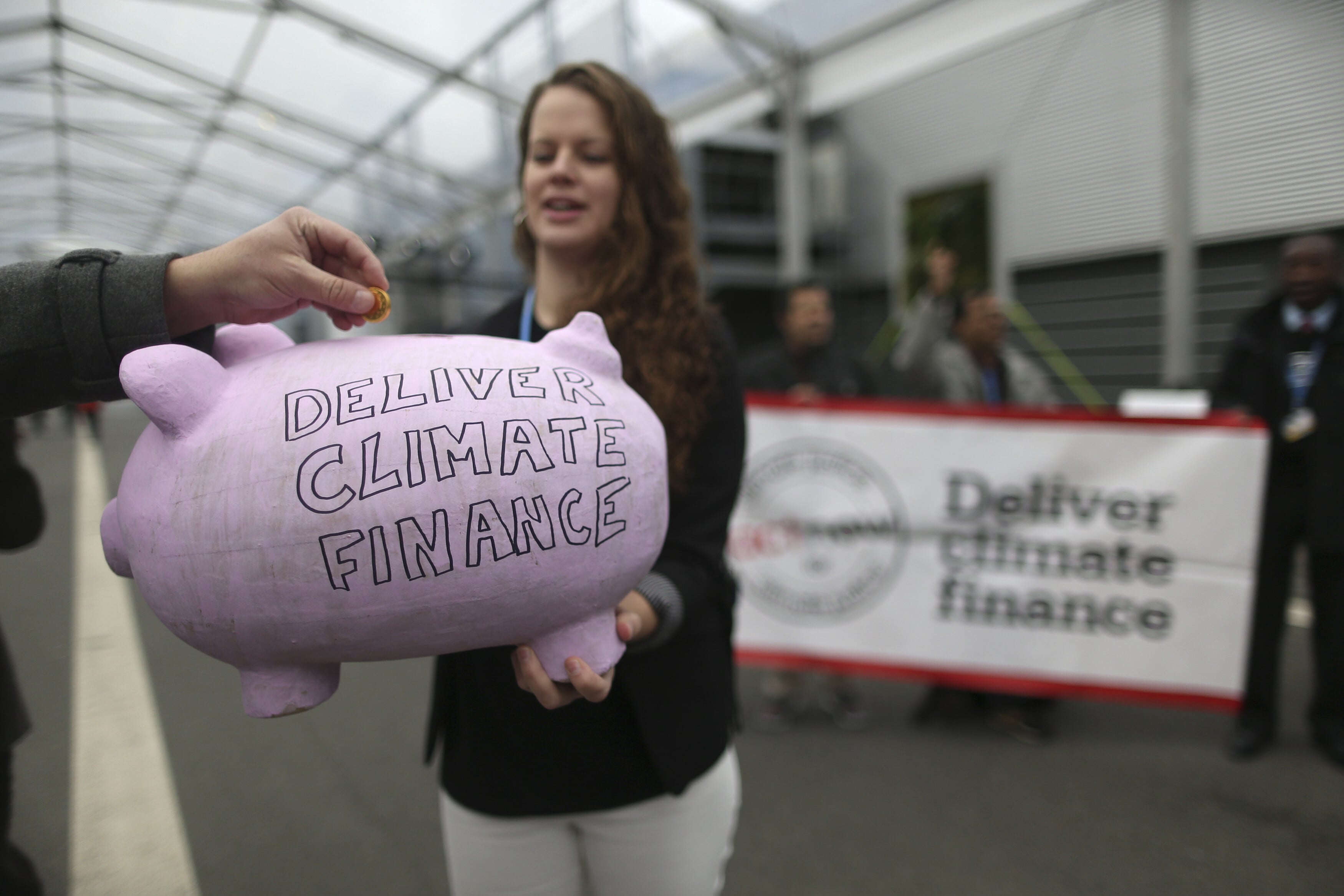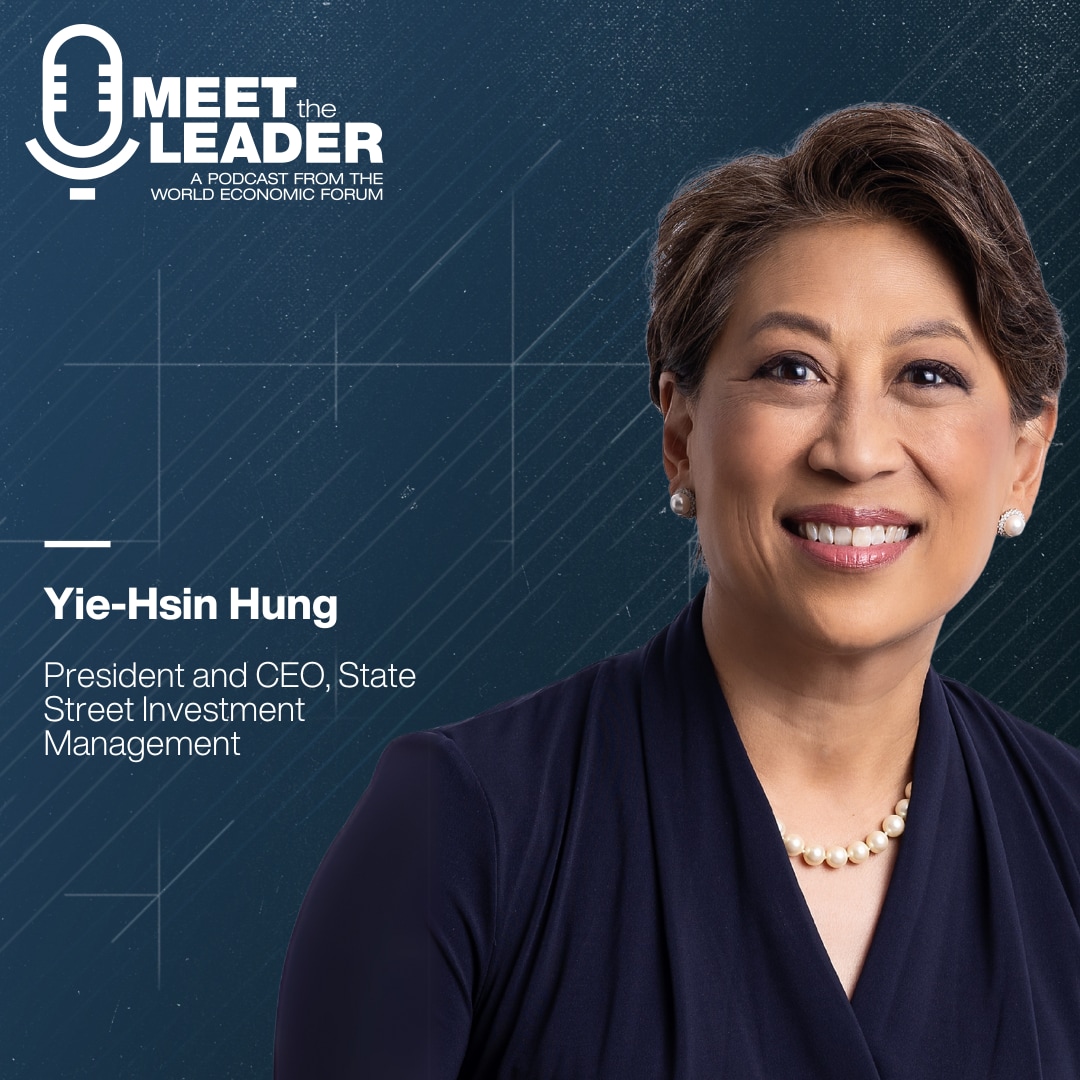Activist investors are more powerful than ever. Here’s what that means for the economy

Activist investors buy a stake, mobilize other influential investors and then enforce their own goals for the company
Image: REUTERS/Aly Song
Dominik Breitinger
Project Lead, Climate Governance and Finance, Global Leadership Fellow, World Economic ForumStay up to date:
Private Investors
Greedy locusts or corporate reformers? Ruthless predators or clear-eyed strategists? Activist investors are transforming the corporate landscape, but their broader impact is still far from clear. Their strategy is by now well-documented: they buy a stake, mobilize other influential investors for their campaign and then enforce their own goals for the company, often by installing a new executive team, slashing costs, pushing for higher profit margins and selling underperforming business units.
A new record for this trend was set in 2017, as activist investors poured more than $60 billion into nearly 200 listed companies, twice as much as in 2016. They took on an unprecedented range of old and established companies, including General Motors, Nestlé, Tiffany and P&G.
With no corporation immune from investor pressure, the question is what this means not only for companies and their nervous executives, but also for the wider economy.
Here are five things to watch out for as pushy shareholders take over the corporate world.
Activist shareholder campaigns started in the US but are now finding fertile ground in Europe due to a series of corporate governance reforms. For example, German regulators are allowing investors more access to corporate boards. Investors with an agenda have eagerly taken up this opportunity. In 2017, their campaigns in Europe had increased by 100% compared to five years ago.
Not only are these direct attacks spreading, but their effects are rippling through the rest of the corporate world. At Siemens, for example, management effectively tried to pre-empt a shareholder campaign by getting there first. They cut costs, streamlined the business and raised payouts to investors, which is effectively what shareholder activists would have done. Investors have taken note. The shareholders pressing for structural changes at ThyssenKrupp, another iconic German industrial conglomerate, have cited Siemens as an example of a "focused, entrepreneurial and nimble" company, and urged ThyssenKrupp to become more like it.
Activist investors tend to go for conglomerates that in their eyes have become sluggish and inefficient. The investor targeting Whole Foods, the US organic grocery chain, campaigned for its acquisition by Amazon, promoting this as an opportunity to cut internal transaction costs. Amazon’s costs were much lower thanks to its use of artificial intelligence and big data. After a period of heavy resistance, Whole Foods gave in and agreed to be sold to Amazon for $13.7 billion. The activist investor made an estimated profit of over 40%, for a shareholding of four months.
At ThyssenKrupp, the main shareholders have resisted what they see as pressure from activist investors to break up the company. The increasingly hostile stand-off is typical of these battles, with the established shareholders accusing the newcomers of greed and short-term thinking, and the new investors insisting they are trying to turn around an ailing company.
In terms of longer-term financial performance, the picture is somewhat mixed. Last year’s average annualized return from an activist-owned stock was 13.2%, in comparison to a 21.8% return on the S&P 500 Index, according to Activist Insight. However, over the last decade, the Activists Index and the S&P 500 Index have developed very similarly and actually perform increasingly identically.

Yet, activist investors have written an extraordinary success story when it comes to assets under management, a proxy for future performance expectations and investor trust. They have increased their capital by 1,400% over the 2003/2004 - 2016 period. This stands out when compared with global asset growth of 128% and asset growth for alternative investments (primarily hedge funds and private equity) of 304% over the same timeframe.

With massive capital flowing towards activist investors, this practice is unsurprisingly spreading. But what about the companies themselves? Some assessments show that pressure from shareholders is not necessarily a bad thing. Activist investors can force badly managed companies to improve their game, revamp dysfunctional boards and use their assets more efficiently.
Critics often accuse these investors of burdening their targets with debt, cutting vital research and development budgets, blocking new investments and then making a quick exit as the consequences of their decisions blow up behind them. But a study of 50 activist-held companies from 2009-2014 suggests that this may be a myth, and that activist investors don’t have a negative impact on a company’s R&D expenditure, investments or debt.

Even with little evidence, activist investors tend to have a negative impact on two crucial areas of modern corporate life: sustainability and diversity. There has been an observable decline in diversity on corporate boards after campaigns by activist investors. Some CEOs report that they had to cut back or scrap environmental initiatives and sustainability targets under pressure from activist investors. This raises the question of whether these investors are creating sustainable corporate value over time, or just squeezing out short-term value via buy-back programmes, extra dividend payments or similar types of financial engineering
The financial world is undergoing a period of fundamental change, and some of that is benefiting activist investors, while its parent, the hedge fund industry, is losing ground. Its global asset pool is apparently stagnating around $3 trillion and hedge funds have delivered lower returns than the S&P 500 over the past decade.

Some of that freed-up capital is being absorbed in private capital markets. In 2016, private equity managed more than $2.5 trillion in assets, which some expect to grow above $4 billion this year. Private equity delivered superior returns in the US (6% versus 4% of the S&P 500 benchmark), with even larger return gaps in Asia-Pacific and Europe.

At the same time, a substantial amount of public equity is flowing into passive investments, especially into Exchange Traded Funds. These funds track stock market indexes, for example, and are available to a broader range of investors. They could provide a counterweight to the influence of activist investors: after all, ETFs are passive investments by nature, and they could prevent a single investor from amassing power by scooping up a significant stake. Two years ago, ETF-managed assets already bypassed hedge funds and private equity. They are likely to grow to $5 trillion in assets under management this year. ETFs might enable companies to wait out an activist investor in the future.
Is this the end of the public company, particularly of conglomerates, and the beginning of a new golden age for a minority of powerful niche investors? Public companies are indeed disappearing, according to new studies. In the US, public listings decreased by 50% between 1996 and 2016. There are fewer listed corporations today than 40 years ago.
Private equity and activist investors are establishing themselves as major shapers of corporate strategy. This makes it all the more important that we understand their investment approach, the implications for corporate governance and the wider long-term impact.
Ultimately, what’s most important is not the type of investor, but their willingness to look beyond immediate financial gains. Companies need enough time to grow, evolve and prosper - and create a meaningful contribution to the wider economy.
Don't miss any update on this topic
Create a free account and access your personalized content collection with our latest publications and analyses.
License and Republishing
World Economic Forum articles may be republished in accordance with the Creative Commons Attribution-NonCommercial-NoDerivatives 4.0 International Public License, and in accordance with our Terms of Use.
The views expressed in this article are those of the author alone and not the World Economic Forum.
Forum Stories newsletter
Bringing you weekly curated insights and analysis on the global issues that matter.
More on Financial and Monetary SystemsSee all
Pranidhi Sawhney and Adam Skali
July 29, 2025
David Carlin and Sourajit Aiyer
July 28, 2025
Veronica Frisancho
July 22, 2025
Jesus Serrano
July 14, 2025
Rebecca Geldard
July 10, 2025





